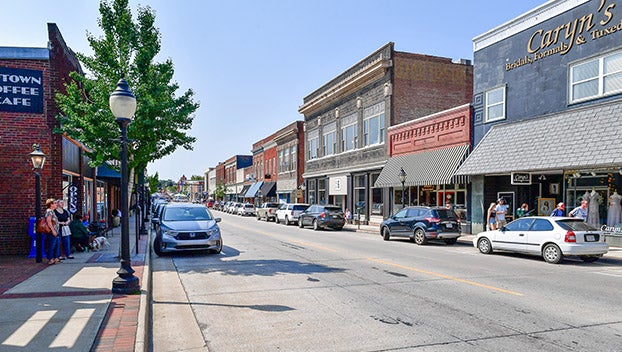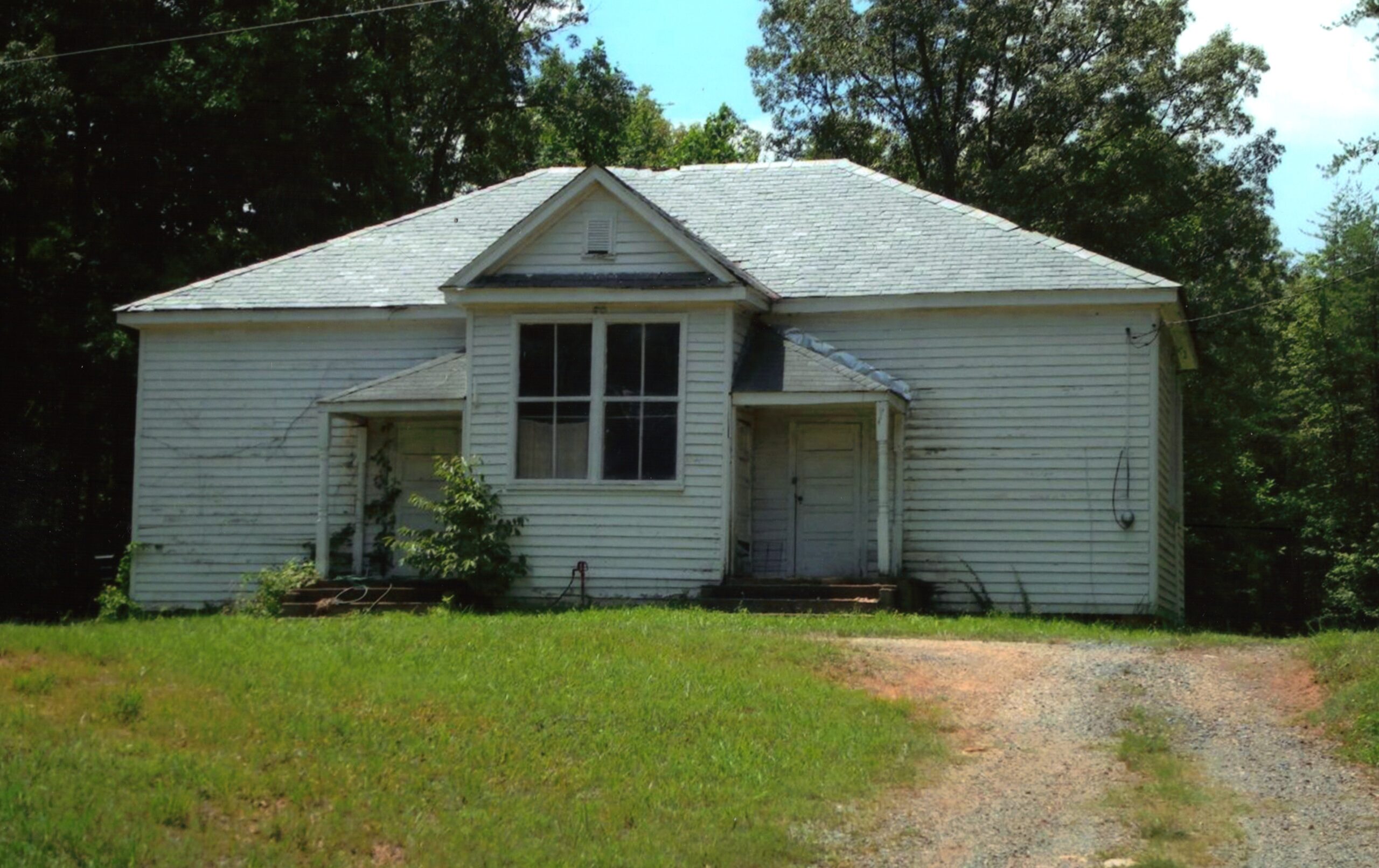The Regional Jail Provided A 20-Year Gift; Did We Blow It By Leaving It Wrapped?
Published 4:53 pm Thursday, May 16, 2013
A bill is defined as “a statement of money owed for goods or services supplied.”
Until quite recently, as far as its six member counties were concerned, the Piedmont Regional Jail has been as quiet as a church mouse.
No statement whatsoever. Not a peep.
Trending
Technically, yes, the six counties received something in the mail once a month, saying how much they owed the jail, but it was not a true bill because each month the jail would send the money right back to the six counties.
Incarceration didn't cost us a cent, giving localities in the area a chance to make an investment of long-term significance for public education.
That is no longer the case, as boards of supervisors in Buckingham, Cumberland, Prince Edward, Amelia, Lunenburg, and Nottoway are keenly aware. The jail's revenue is down. The state has significantly reduced its payment rate for prisoner days and a new regional jail has pulled out prisoners from Dinwiddie and Mecklenburg, which were paying our jail to house their inmates. Income from federal detainees has also decreased.
The concatenation of circumstances has conspired to force the jail to look toward the partner localities to begin paying for incarceration, like everybody else.
There can be no complaint, however.
For two decades we lucked out, able to house our prisoners at no cost because the jail was able to generate so much revenue housing prisoners from beyond its six-county partnership.
Trending
The current quarter is expected to see Prince Edward County billed for $187,175, Buckingham for $68,628 and Cumberland billed $39,516. No molehill of coins, but consider the monetary mountain our localities have not had to scale over the past 20 years.
Had Prince Edward been making quarterly payments of $187,175 for the past 20 years, a total of $14.9 million would have been sent by the County to the jail. If Buckingham had been making quarterly payments of $68,628, its taxpayers would have coughed up $5.4 million over the last two decades, with Cumberland residents paying a total of $3.1 million.
Considerable money has been saved for our localities thanks to the jail and its administration. The only reason for our anger or regret now is for squandering 20 years of good fortune by not investing significantly in our own future.
For 20 years, in a very tangible and practical way, crime paid for us. Crime in Dinwiddie and Mecklenburg helped pay for our local incarceration needs. But that fact doesn't make a corporate CEO want to locate their business in our community.
That $14.9 million would have created a very effective and formidable endowment for Prince Edward County's public schools, allowing the school system to go beyond making ends meet, budget to budget.
Regionally, based on the current quarter's expected payment to the jail, the six-county area would have saved $40 million over the last 20 years, a region that has struggled to attract jobs, knowing that the most crucial component of revenue-growing, job-producing economic development is an educated workforce.
Most localities in the U.S. must pay to house their prisoners and pay to educate their children. For the past 20 years, our localities have only had to perform one of those duties-educate our children.
Fact-it costs so much more to keep someone behind bars than it does to educate them and empower them to live a life free of prison and full of possibility.
Across Virginia, the average annual per prisoner cost for the state's Department of Corrections is more than $25,000. According to the Commonwealth of Virginia Compensation Board, the expense to incarcerate one prisoner at the Piedmont Regional Jail in 2011 was $37.10 per day, or $13,541 per year.
The per pupil annual cost for localities to educate a child is far less expensive in comparison. Cumberland, for example, will spend about $2,700 in local funds per pupil next year, out of the total $9,000-plus it will cost to educate a child in 2013-14. Prince Edward County's annual local per pupil cost the past several years has been between $3,000 and $3,500.
Whether 20 years of quarterly payments to the jail would have been equal to those of the current quarter is really beside the point. The fact is the jail has saved us millions and millions of dollars. Are we satisfied with what we have to show for such good fortune? Have we sufficiently treasured that 20-year moment?
The good fortune was not something the six counties could forget. It wasn't out of sight or out of mind. Every month, until last year, they received a bill from the jail, they sent the jail a check but then the jail sent that money back to the counties. Every month there was a very tangible financial reminder that an extraordinary circumstance was providing an opportunity to make a community-shaping investment in education that we might not ordinarily be able to afford.
Not only did we house our prisoners free of charge but the counties took money out of the jail's reserve fund to pay themselves back for the cost of building a juvenile detention center. Two jail additions to the facility were also paid for by the jail, rather than the counties. The sewer system was upgraded and, again, no local cost. Localities usually have to pay for all of these things themselves, but our counties did not have to. The jail was our golden goose, giving us a free ride.
Some localities, or all six, may believe they have done enough with all of the money the jail saved them, that it was sufficient simply to not spend it on anything at all. But there is no harvest without planting seeds.
As rural communities, it is increasingly clear that our own hands must be on our own bootstraps, that we must reach to exceed our grasp and succeed in gripping a better future than we imagine ourselves capable of providing for the next generation. We cannot be content to do enough. The philosophy of 'enough' inevitably falls short.
We must set ourselves apart. Nobody is going to do that for us. Nobody can. Our success cannot depend on others. If we wait for someone to succeed on our behalf it becomes their success and we fail.
We must, as localities in rural Virginia, challenge ourselves to do more than simply make ends meet. We must also make beginnings meet. And we must introduce those beginnings to our children. The beginning and the end of our future is inextricably linked with theirs.
It is difficult to see how we have taken full advantage of the opportunity the jail gave us to do so much for so long. Golden goose? We laid an egg.
But we can do more, in response, than howl at a moon that's already gone into eclipse. A similar window of opportunity might open if the jail is able to restore some contracts and replace others. The time to plan how best to seize that moment is now.
Incarcerate or educate.
The decision is ours
-JKW-






